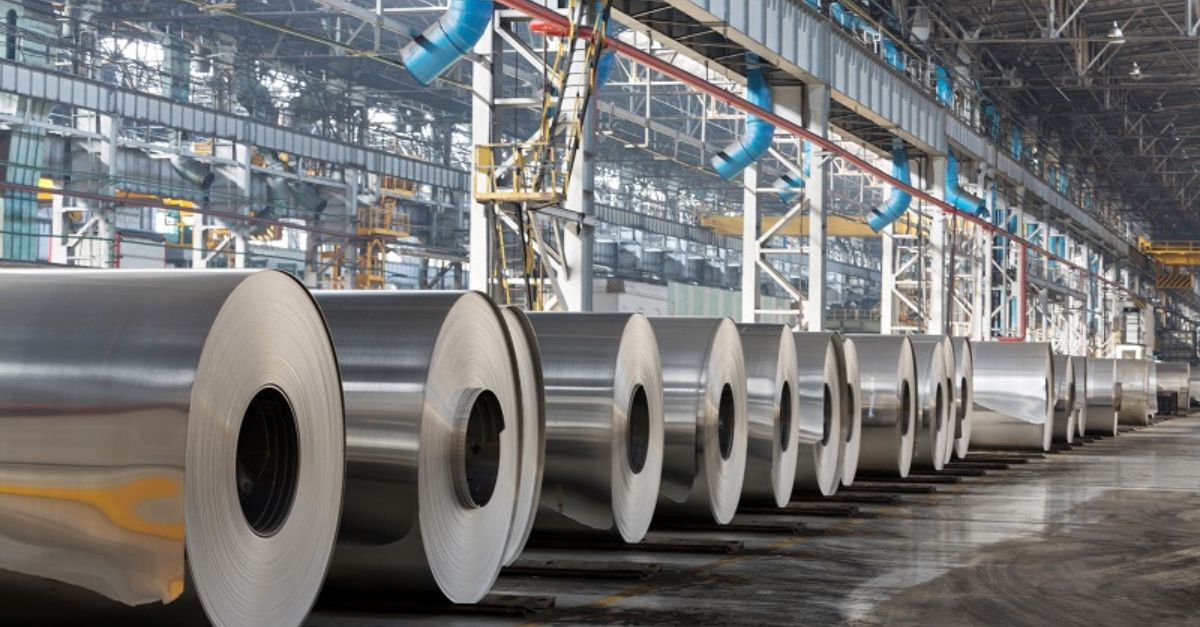India–US Trade Tensions Rise Over Steel and Auto Tariffs NMDC Limited reports a 38% drop in Q4 FY24 consolidated net profit RINL to Raise $23 Million Through Land Sales Amid Crisis

The United States' decision to impose additional taxes on imported aluminium and steel is expected to have a negative impact on exporting countries, including Vietnam. Industry experts warn that the increased tariffs will make it more difficult for these countries to compete in the U.S. market, potentially leading to decreased export volumes and reduced profit margins.
Vietnam, a major exporter of aluminium and steel products to the U.S., is likely to feel the effects as it faces stiffer competition and downward pressure on prices. “The new U.S. tariffs will challenge our export sector and may impact overall economic growth,” said Le Minh Hoang, an economist at the Vietnam Trade Research Institute.
To counter the impact, Vietnam and other affected countries are exploring market diversification strategies. This includes expanding into alternative markets such as the European Union, Southeast Asia, and the Middle East to reduce dependence on U.S. exports.
Trade experts emphasize the importance of diversifying markets and enhancing product competitiveness to minimize the impact of the tariffs. Governments are also urged to negotiate favorable trade agreements to support domestic industries.
As the U.S. moves forward with its tariff policies, affected countries are strategically adjusting their trade approaches to maintain economic stability and growth. Market diversification is expected to play a crucial role in sustaining the global aluminium and steel trade.
Also Read : Biden sharply hikes US tariffs on billions in Chinese chips, steel Tit For Tat - India Set To Impose Tariffs On U.S.